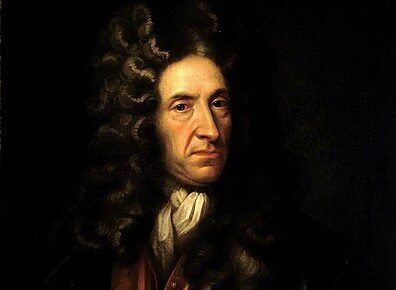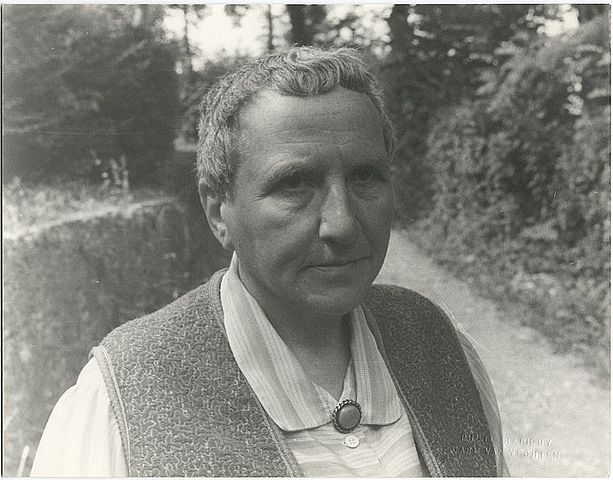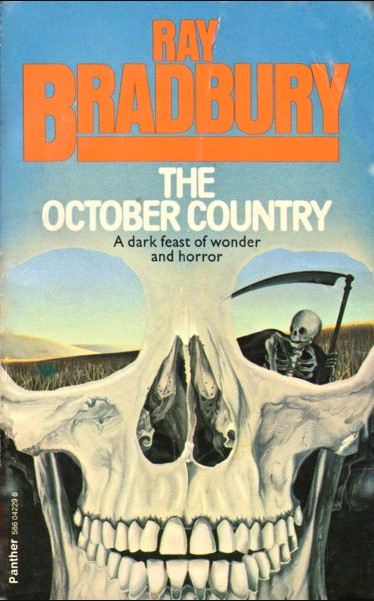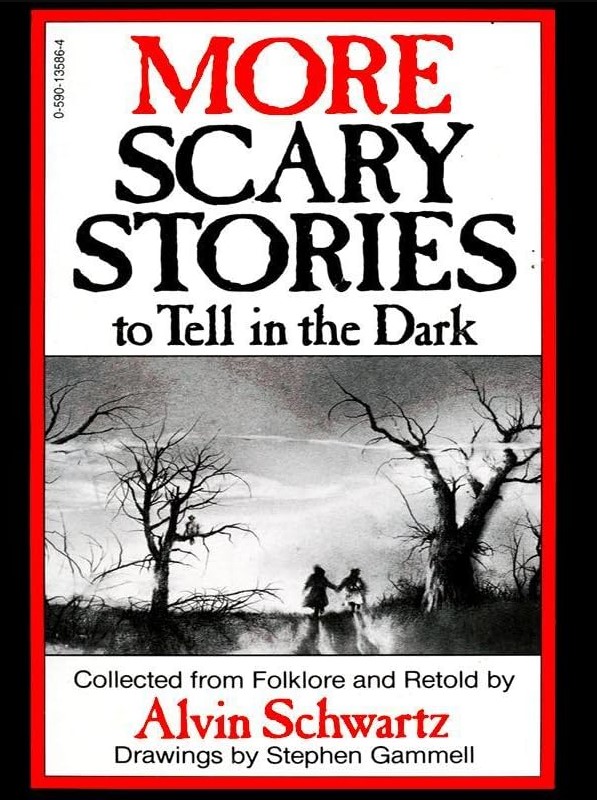Daniel Defoe is recognized as one of England’s first novelists. And, rightfully so, because to his credit, he wrote one of the most influential books ever penned. He also wasn’t afraid to shy away from controversy with his political leanings. Both long and short confrontational and epic pieces worked for Defoe.
Life of Daniel Defoe
Early years
Defoe was born in England in 1660 to a noncomformist, dissenting tallow chandler, who sent his son to an academy in Newington Green. There, it is said, that Defoe developed a very deliberate and easy style due to the instruction of the Reverend Charles Morton. Morton focused on the works of Puritan preacher John Bunyan and writings from the Bible. This laid back style would come to aid Defoe later in his life as he crafted fiction that is both universally appealing and not too dense.
He eventually went to pursue a career in trade and tried a few different business ventures. Though he wanted to establish himself as a young businessmen, he still experienced multiple bankruptcies, and he was even imprisoned for debt.
Merchant and Political Activism
Defoe began writing political pamphlets to speak out against Catholic James II and various other governmental grievances. He was thrown in prison for writing the political pamphlet The Shortest Way with the Dissenters; Or, Proposals for the Establishment of the Church. His crime: seditious libel. This particular text was considered a crime for its satirical elements and pointed aggression.
Afterward, he gained the recognition and empathy from the public for his poem “Humn to the Pillory.” After a variety of political pamphlets were produced and his publication The Review was lauded, he began writing novels. He soon came to find that the years drafting political dialogue lent itself to fiction.
Defoe’s Contribution to Literature and Death
Defoe wrote a great deal in his novel-writing years. He produced many classics of literature that are still interpreted and dissected today.
Here’s a list:
- Robinson Crusoe (1719)
- A Journal of the Plague Year (1722)
- Moll Flanders (1722)
- Roxana (1724)
- The Storm
- The Further Adventures of Robinson Crusoe
While Crusoe seemed to define his career, he still wrote a great many memorable stories. He is frequently referred to as a realist writer, and a pioneer of the modern novel. His use of adventure and depth of description created worlds for readers. Much like Thackeray or Dickens, Defoe had a way with conjuring worlds filled with realistic plots, settings, and characters. He died in 1731.
In a fitting manner of his thoughts on living, he writes, contemplatively, in Robinson Crusoe, the following:
“I learned to look more upon the bright side of my condition, and less upon the dark side, and to consider what I enjoyed, rather than what I wanted … and which I take notice of here, to put those discontented people in mind of it, who cannot enjoy comfortably what God has given them, because they see and covet something that he has not given them. All our discontents about what we want appeared to me to spring from the want of thankfulness for what we have.”
Discover more from The Writing Post
Subscribe to get the latest posts sent to your email.



